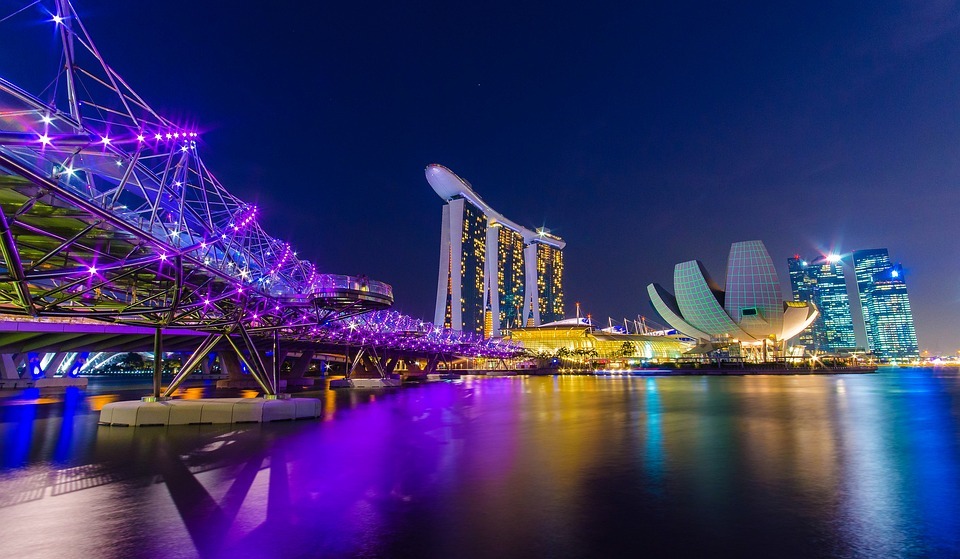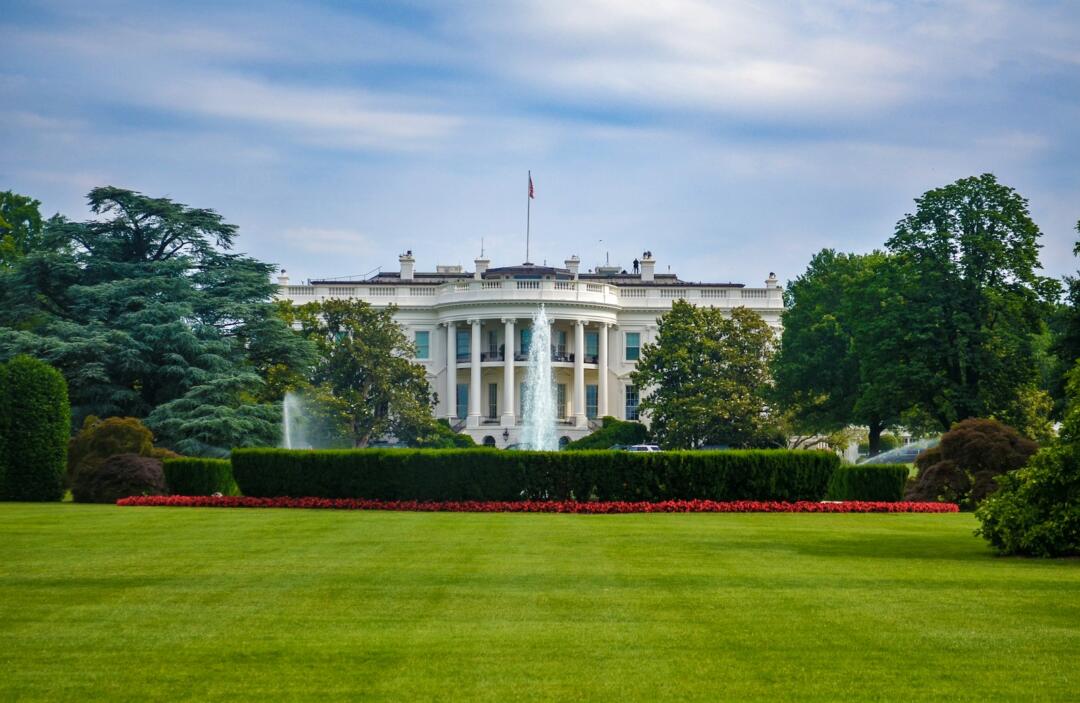CannaTravel – Singapore: Pros and Cons.
Because when it comes to Singapore, there are 100 reasons to go and even stay. But for cannabis consumers, there are two substantial problems. And that’s putting it lightly.
One, they have the death penalty. No state has the right to kill you. Second, their drug war is murderous. Literally. Someone just got the death penalty for selling cannabis.
And it wasn’t the first time.
Singapore sucks for stoners. Full stop. They will kill you. Cannatravel in Singapore is a definite con.
But what about the pros? What makes Singapore unique among the nation-states of the world? It’s #5 in anti-corruption, #2 for doing business, and #1 in economic freedom,
Suppose Americans and Canadians can replicate this success in their local jurisdictions. In that case, cannabis consumers in Singapore won’t have to fear for their lives. They can just come here and enjoy the same standard of living but with even more freedom.
Singapore: A Brief History
Singapore. Just one degree above the Equator.
Founded as a British colony in 1819, the Brits ruled the island for 144 years. When they left in 1963, the people of Singapore joined up with their closest neighbour: Malaysia.
But this prejudice against small states is an old relic from the 19th-century era of European empire-making. From German Unification to Italian Unification to the post-Civil War U.S. government and Canadian Confederation.
We all know how a more centralized Germany and Italy turned out. Or how the U.S.’s empire stretches worldwide, undermining national sovereignty for those opposed to its crony-capitalism.
You might think Canadian Confederation was benign, but I can assure you it was not.
Fortunately, Singapore’s problems with Malaysia didn’t prevent them from rooting out this bias.
Singapore’s residents wanted more autonomy within Malaysia. Malaysia felt like its national identity didn’t include the island of Singapore. It was a mutual divorce.
So how did this little island with virtually no natural resources succeed and thrive in the global economy?
Adam Smith asked the same questions in 1776 about European prosperity. Critics straw-man his description of the market as an “invisible hand” like it’s some voodoo magic. But it’s the current year; we have an explanation of what this “invisible hand” is.
We know why Singapore succeeds while countries like Canada and the U.S. stagnate.
CannaTravel – Singapore: Pros
Singapore attracts foreign capital. I could say, “capital is what makes the world go round,” but capital is the world.
You can have all the technology and the know-how. All the best experts. But without particular factors of production arranged at a particular time in a particular place for a particular end: you’ve got nothing.
Literal poverty.
Capital comes from deferring consumption; income that is either saved or invested.
Many Western economists think consumption drives the economy. But that type of economics is pure astrology. Consumption is the end goal of an economy.
An economy is like building a house. You need a solid foundation. Digging a hole and pouring concrete is like saving and investing your income.
Western central banks and governments have removed the house’s foundation and used its materials to renovate the top floors. The result will be a collapse of the entire thing.
Before that happens, let’s examine Singapore’s pros more closely. What makes Singapore a success? Unilateral free trade, a liberal commercial policy, and a free port.
Of course, the entire island could be considered a free port. Its strategic location makes it one of the busiest ports in the world. And without the need to pay customs duties or taxes, Singapore is a major centre for international trade and finance.
Whenever people demand governments make the rich pay their “fair share,” the wealthy move to Singapore. It’s the middle class that gets thrown under the bus.
But I’m sure many wealthy Americans and Canadians would love to return to their home countries and invest in opportunities if or when these countries adopt more “Singaporean” principles.
CannaTravel – Singapore: Cons
Of course, as mentioned, regarding cannatravel in Singapore, there is a significant downside: they’ll kill you for cannabis.
If I were a former Vancouver mayor, I would call it genocide against stoners. But the Oxford Dictionary is pretty clear on the definition of genocide. So let’s call it what it is: murder.
Singapore authorities embrace the free market culture. Except for cannabis-related businesses. For that, you get murdered over.
CannaTravel – 5 Ways to Make North America Great Again
Singapore is a murderous police state for the cannabis consumer and the canna-curious. These residents may wish to relocate if things don’t let up soon.
Would immigrant-friendly Canada and the United States welcome them? Would they even want to come?
The U.S. and Canadian governments are significantly more interventionist than Singapore. Singapore residents may wish to maintain their level of economic freedom.
So what are five ways to bring Singapore’s pros to North America?
Economic Freedoms
Singapore is business-friendly—low taxes, minimal regulation, and a bureaucracy that isn’t self-serving. Canada and the U.S. have to follow suit.
Right now, that’s next to impossible to conceive. But a deteriorating standard of living is already getting the masses anxious. A spooked ruling class might start implementing Hayek over Keynes.
National Divorce
An efficient bureaucracy is an oxymoron. But one way to rein in administrative law is by reducing the geographical power of politicians, bureaucrats, and technocrats.
Compare the geographical sizes of the three countries. Canada and the U.S. take up nearly an entire continent. Singapore is a small island city-state.
Of course, smaller states are more efficient. Why do you think the USSR fell, but Cuba and North Korea are still around? Even Europe could do with much more decentralization.
Education
Singapore spent a lot on getting a highly educated workforce. Canadian and U.S. governments have spent enough on education. If we want to foster a culture of innovation and entrepreneurship, we must shut down government schools.
I suggest a camp model. You know, in the summer, you send your kids to specialty camps like gym camp, arts and crafts camp, outdoor survival camp, etc.
Well, have those go year-round. And expand them to the three Rs.
It’s not like teachers are going anywhere. And they’re not all ideologues. Now they can make money in the private sector based on merit and skill as determined by the children’s parents.
Most parents, surprisingly enough, want their children to be smarter than they are. Government schools will never do this. Government schools just keep dumbing us down, thereby creating “the masses” that need “governing.”
Tax Incentives
All states survive on taxes, and so does Singapore. But Singapore has no capital gains tax, no sales tax, or inheritance tax. The income tax starts at 0% and ends at 22%.
Like most governments, the income tax includes incentives. Unlike many governments, these incentives actually encourage innovation and entrepreneurship.
Canada and the U.S. should scrap their tax codes and take a look at Singapore’s. (Or just scrap their tax codes, period.)
Sustainable Development
Singapore’s government is spending money on renewable energy and water conservation. Canada and the U.S. could do one better: use their rediscovered economic freedoms to create a hemp industry the likes the world has never seen.
Where entrepreneurs develop new hemp strains to mass-produce for fuel. Where hemp replaces polyethylene. And where Singapore realizes their cannabis policy is out of the fucking dark ages.

 Cannabis News2 years ago
Cannabis News2 years ago
 One-Hit Wonders2 years ago
One-Hit Wonders2 years ago
 Cannabis 1012 years ago
Cannabis 1012 years ago
 drug testing1 year ago
drug testing1 year ago
 Education2 years ago
Education2 years ago
 Cannabis2 years ago
Cannabis2 years ago
 Marijuana Business Daily2 years ago
Marijuana Business Daily2 years ago
 California2 years ago
California2 years ago
































